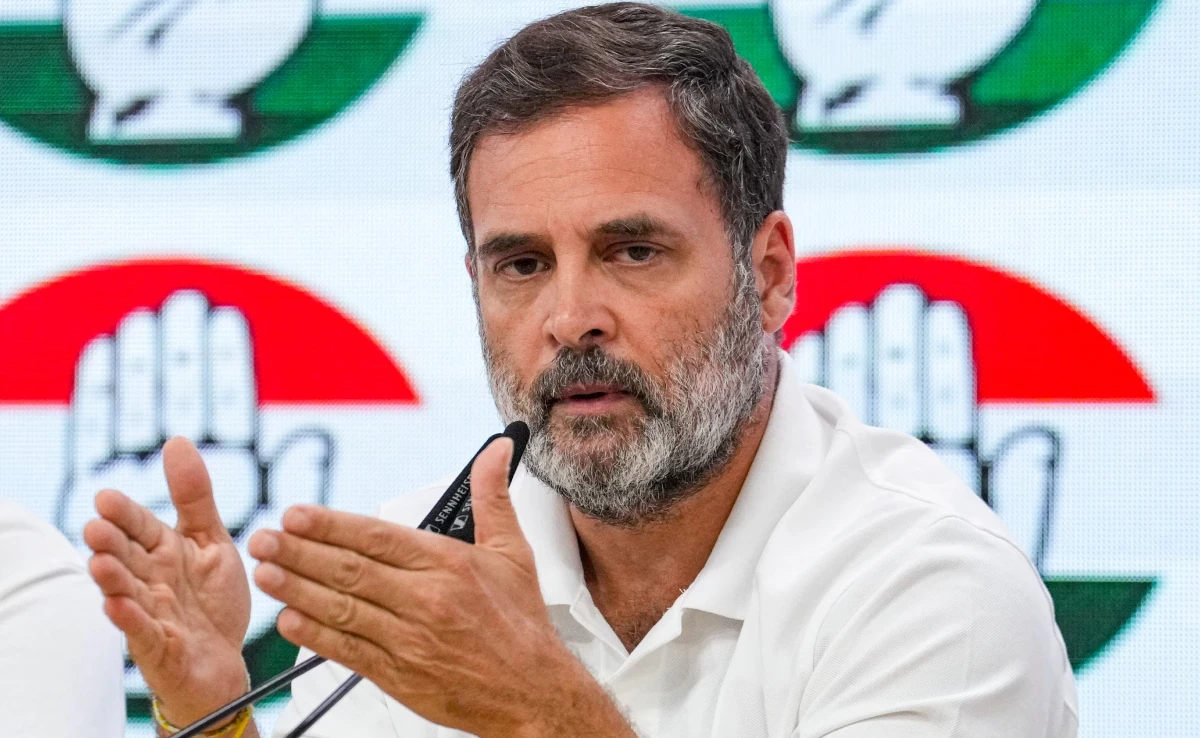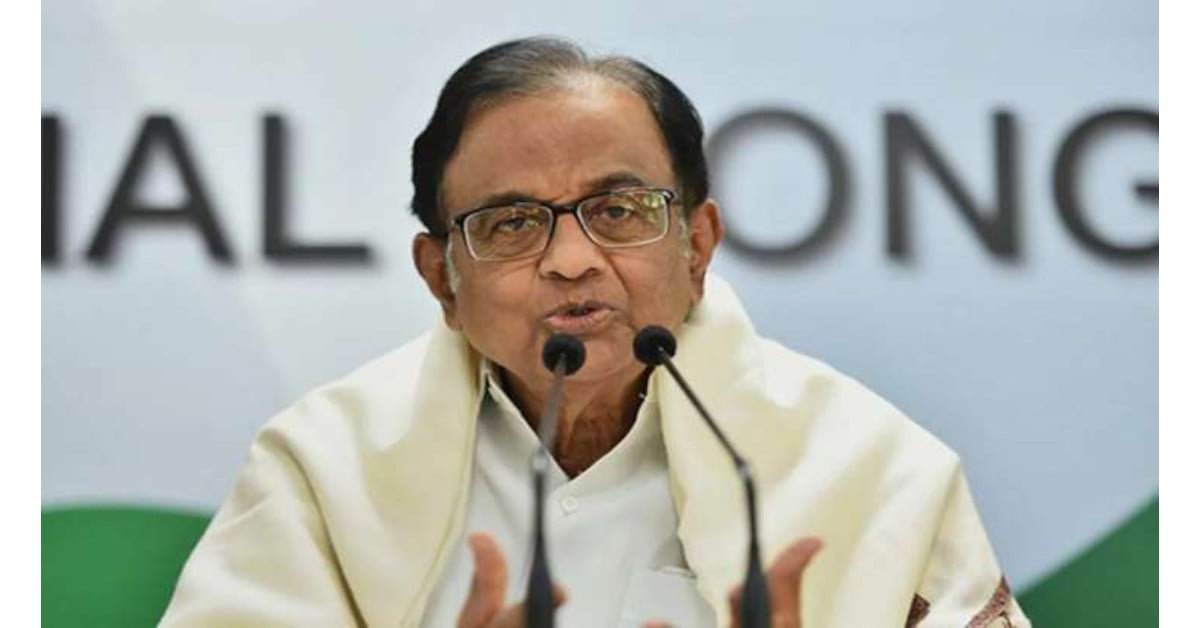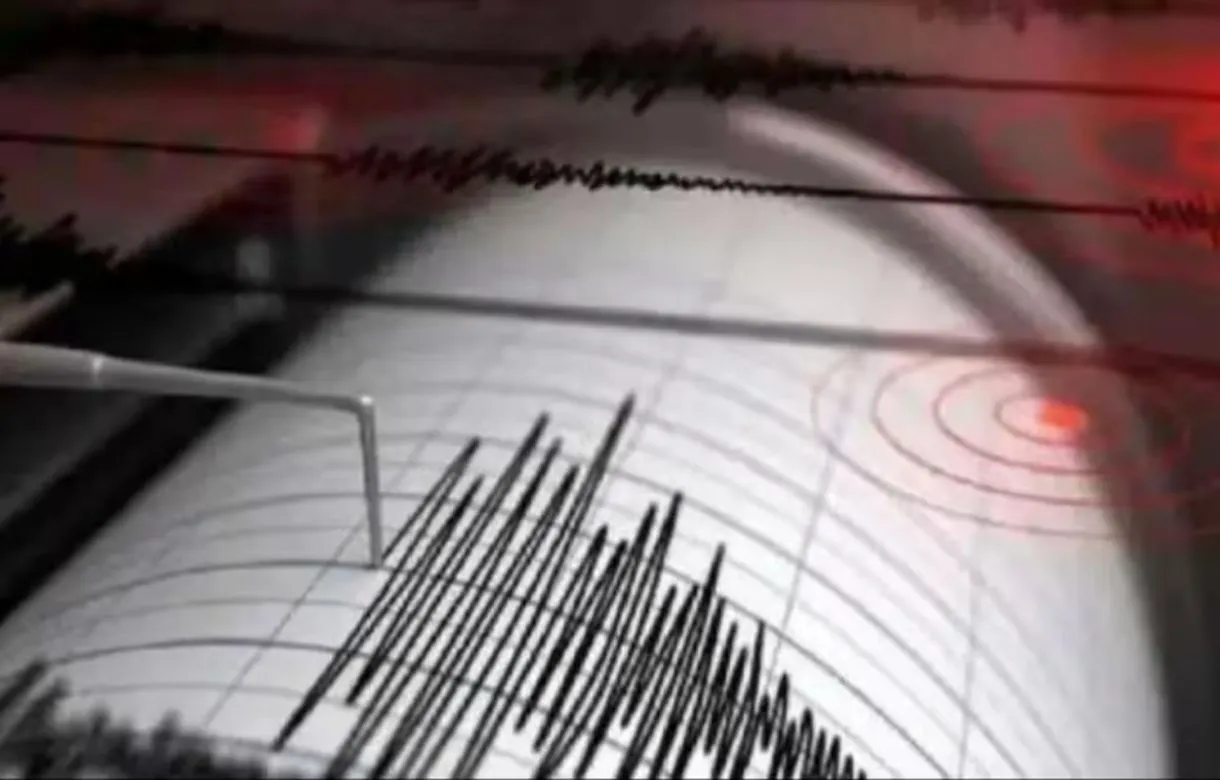[vc_row][vc_column][vc_column_text]India tops the world in pollution-related premature deaths, according to figures for 2015 released in a recent Lancet study.
India recorded 2.51 million premature deaths due to pollution in 2015, followed by China at 1.8 million deaths, the study revealed.
The findings coincide with the festival of Diwali, which has been synonymous with smoke-choked air due to the rampant bursting of firecrackers across the country, adding to the already high levels of particulate matter. Last year, in New Delhi, firecracker smoke combined with vehicular pollution, coal plant emissions, and fumes from burning crops in neighbouring states raised pollution levels to severe plus category and created a health emergency.
Together, India and China accounted for nearly 48% of the worldwide total of 9 million. The Lancet Commission on Pollution and Health based its findings on data from the Global Burden of Disease study.
“People in poorer countries – like construction workers in New Delhi – are more exposed to air pollution and less able to protect themselves from exposure, as they walk, bike or ride the bus to workplaces that may also be polluted,” Karti Sandilya, one of the authors of the commission’s report, told the news agency Reuters.
Air pollution is by far the biggest culprit around the world, followed by polluted water. The greatest impact is occurring in rapidly developing and industrialising countries, the report says.
It says, “Pollution is the largest environmental cause of disease and premature death in the world today. Diseases caused by pollution were responsible for an estimated 9 million premature deaths in 2015 – 16% of all deaths worldwide – three times more deaths than from AIDS, tuberculosis, and malaria combined and 15 times more than from all wars and other forms of violence. In the most severely affected countries, pollution-related disease is responsible for more than one death in four.”
One out of every four premature deaths in India in 2015, or some 2.5 million, was attributed to pollution, the study found. China’s environment was the second deadliest, with more than 1.8 million premature deaths, or one in five, blamed on pollution-related illness.
Several other countries such as Bangladesh, Pakistan, North Korea, South Sudan and Haiti also see nearly a fifth of their premature deaths caused by pollution.
If anything, the burden of pollution-related diseases and deaths is likely to be underestimated, the report adds, given that so many emerging chemical pollutants are yet to be identified.
Experts say the 9 million premature deaths the study found was just a partial estimate, and the number of people killed by pollution is undoubtedly higher and will be quantified once more research is done and new methods of assessing harmful impacts are developed.
Soil pollution has received scant attention. And there are still plenty of potential toxins still being ignored, with less than half of the 5,000 new chemicals widely dispersed throughout the environment since 1950 having been tested for safety or toxicity.
Even the conservative estimate of 9 million pollution-related deaths is one-and-a-half times higher than the number of people killed by smoking, three times the number killed by AIDS, tuberculosis and malaria combined, more than six times the number killed in road accidents, and 15 times the number killed in war or other forms of violence, according to GBD tallies.
To reach its figures, the study’s authors used methods outlined by the US Environmental Protection Agency for assessing field data from soil tests, as well as with air and water pollution data from the Global Burden of Disease, an ongoing study run by institutions including the World Health Organization and the Institute for Health Metrics and Evaluation at the University of Washington.
It is most often the world’s poorest who suffer. The vast majority of pollution-related deaths – 92% – occur in low- or middle-income developing countries, where policy makers are chiefly concerned with developing their economies, lifting people out of poverty and building basic infrastructure, the study found. Environmental regulations in those countries tend to be weaker, and industries lean on outdated technologies and dirtier fuels.
In wealthier countries where overall pollution is not as rampant, it is still the poorest communities that are more often exposed, the report says.
The financial cost from pollution-related death, sickness and welfare is equally massive, the report says, costing some $4.6 trillion in annual losses – or about 6.2% of the global economy.
“What people don’t realize is that pollution does damage to economies. People who are sick or dead cannot contribute to the economy. They need to be looked after,” said Richard Fuller, head of the global toxic watchdog Pure Earth and one of the 47 scientists, policy makers and public health experts who contributed to the 51-page report.
“There is this myth that finance ministers still live by, that you have to let industry pollute or else you won’t develop, he said. “It just isn’t true.”
The report cites EPA research showing that the US has gained some $30 in benefits for every dollar spent on controlling air pollution since 1970, when Congress enacted the Clean Air Act, one of the world’s most ambitious environmental laws. Removing lead from gasoline has earned the US economy another $6 trillion cumulatively since 1980, according to studies by the US Centers for Disease Control and Prevention.[/vc_column_text][/vc_column][/vc_row]
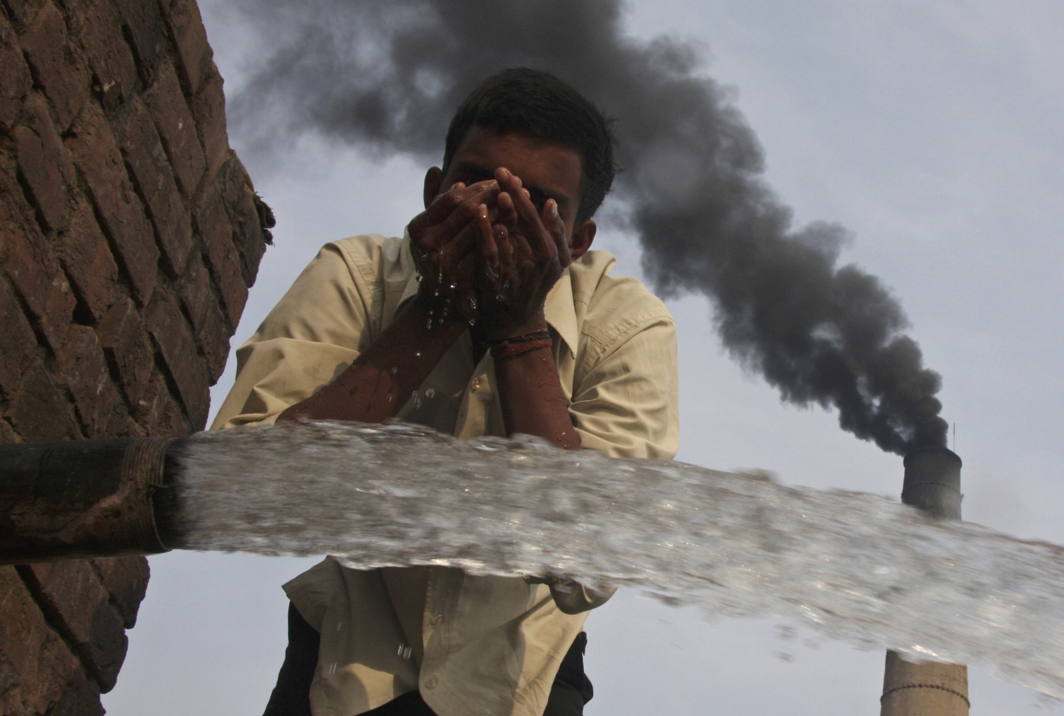
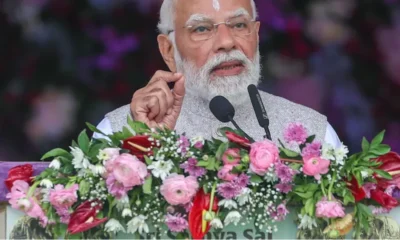
 India News19 hours ago
India News19 hours ago
 Cricket news19 hours ago
Cricket news19 hours ago
 India News19 hours ago
India News19 hours ago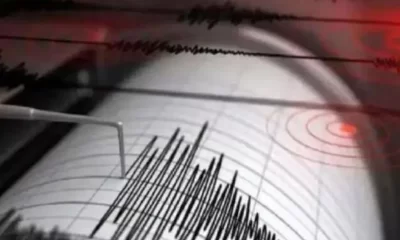
 India News19 hours ago
India News19 hours ago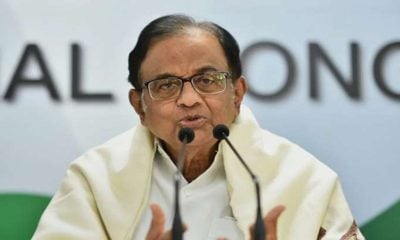
 India News18 hours ago
India News18 hours ago
 India News10 hours ago
India News10 hours ago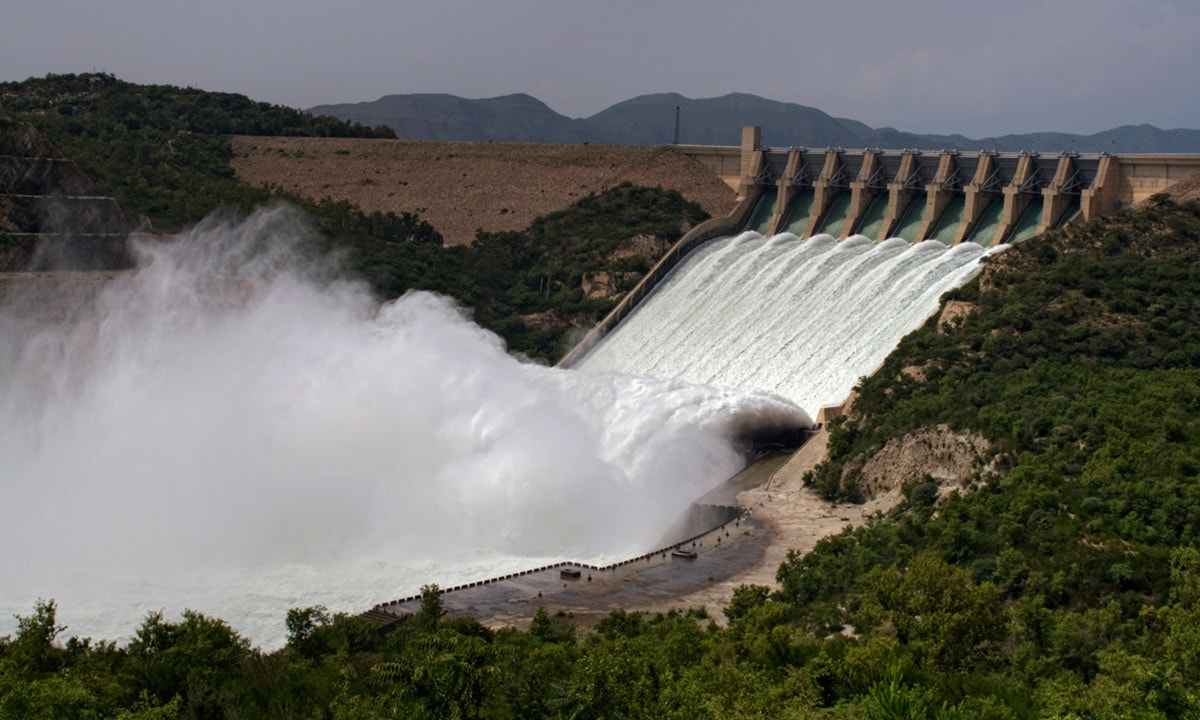
 Latest world news10 hours ago
Latest world news10 hours ago












